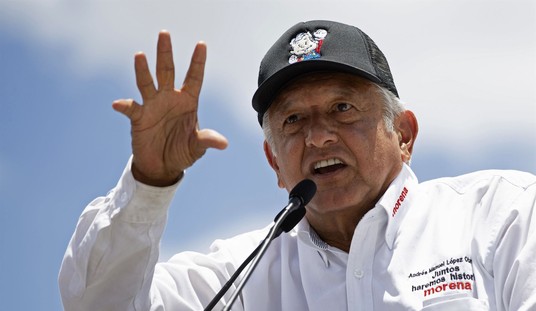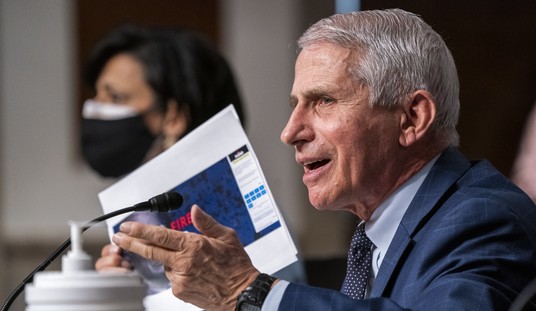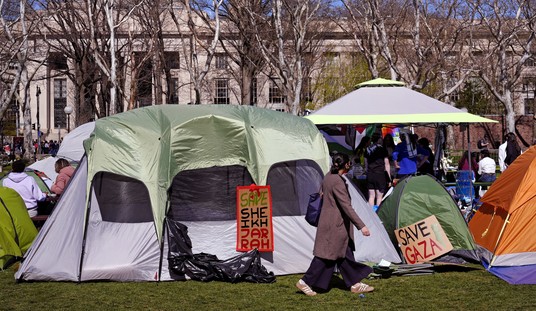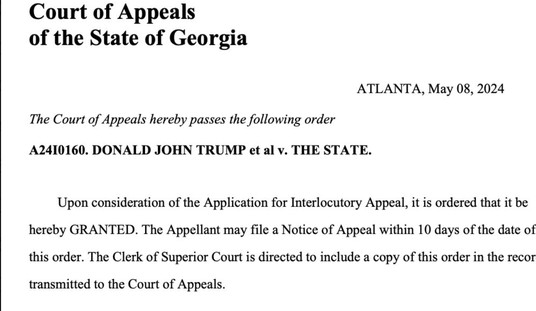An article in today’s Economic Times highlights a discouraging, but not surprising trend: All of a sudden, highly educated children of immigrants are transplanting themselves to their ancestral (developing) countries, where economic opportunities and “creative energy” abound.
Enterprising Americans have always sought opportunities abroad. But this new wave underscores the evolving nature of global migration, which is presenting challenges to US supremacy and competitiveness. …
For generations, the world’s less-developed countries have suffered brain drain – the flight of many of their best and brightest to the West. That, of course, has not stopped. But now, a reverse flow has begun, particularly to countries like China and India and, to a lesser extent, Brazil and Russia. Some scholars and business leaders contend that this emigration does not necessarily bode ill for the US.
They say young entrepreneurs and highly educated professionals sow American knowledge and skills abroad. At the same time, these workers acquire experience abroad and build networks that they can carry back to the US or elsewhere – a pattern known as “brain circulation.”
But the experts caution that in the global race for talent, the return of these expatriates to the US and US companies is no longer a sure bet.
The article points out the obvious: These immigrant children aren’t acting on mere whims. They’re responding to employment, investment, tax and visa incentives. They’re responding, in short, to the government policies of foreign countries.
Why bring this up? This weekend, the president previewed his approach to immigration policy. It’ll be one of inaction and blame and above all of obsession with what to do about immigrants who are already in the country illegally.
The president knew what he was doing by talking about immigration this weekend. He was able to hit his target demographic — much-needed Hispanic voters — with a message to which they’d be receptive and simultaneously fly under the MSM and general radar.
As I argued in my response to the president’s comments, though, we don’t necessarily need a discussion about what to do about immigrants who are already in the country illegally. It’s possible to argue that the consequence of the choice they made to enter the country illegally — the consequence of living an undocumented life “in the shadows,” as they say — is somewhat of a deterrent to others who would otherwise follow their example. At any rate, the question of what to about those who crossed our borders illegally is a question of law enforcement. It’s really not a question of immigration policy, as closely related as it might be.
Immigration policy actually concerns itself with two questions: Who do we want to attract to our country and how do we attract them? Who do we want to prevent from entering our country and how do we prevent them?
Clearly, other countries are answering these questions for themselves and implementing policies according to the answers. Meanwhile, the United States continues to operate according to an outdated immigration quota system. It’s that system that needs reform.







Join the conversation as a VIP Member